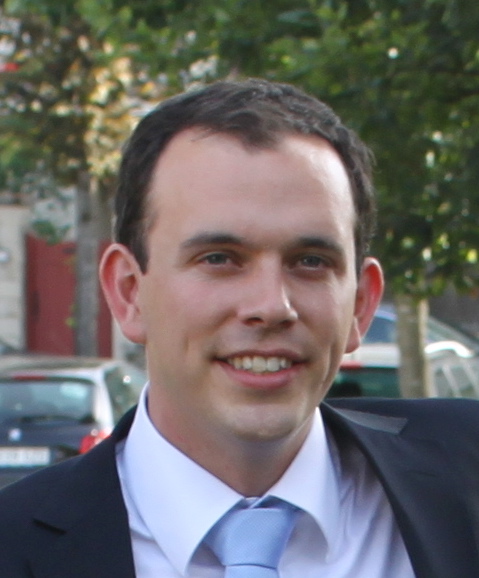Jérémie Leguay s’est rendu à l’IRT SystemX le 14 février pour animer un séminaire sur le thème « Optimisation de la qualité d’expérience avec les réseaux logiciels ».
Résumé (en anglais)
Biographie (en anglais)
 Dr. Jérémie Leguay received a Ph.D. degree from Pierre & Marie Curie University where he worked jointly for the Computer Science LIP6 laboratory (Paris, France) and Thales Communications (Colombes, France) on ad hoc and delay tolerant networks. He was awarded the Thales Ph.D Prize for this work in 2007. From 2007 to 2014, he worked as a Research Engineer and as responsible for the Research & Technology lab on networked systems at Thales Communications & Security (Genneviliers, France) where he especially developed activities on sensor networks, mobile networks and software-defined networks. Jérémie Leguay has been the coordinator of the FP7 CALIPSO project on low-power protocols for the Internet of Things and the FP7 iTETRIS project on vehicular networks. In 2014, he joined the Mathematical and Algorithmic Sciences Lab at Huawei Technologies (Boulogne-Billancourt, France) at Principal Engineer and leader of the Network and Traffic Optimization team. His current research activities are on the control and management of IP and optical networks using optimization and machine learning tools.
Dr. Jérémie Leguay received a Ph.D. degree from Pierre & Marie Curie University where he worked jointly for the Computer Science LIP6 laboratory (Paris, France) and Thales Communications (Colombes, France) on ad hoc and delay tolerant networks. He was awarded the Thales Ph.D Prize for this work in 2007. From 2007 to 2014, he worked as a Research Engineer and as responsible for the Research & Technology lab on networked systems at Thales Communications & Security (Genneviliers, France) where he especially developed activities on sensor networks, mobile networks and software-defined networks. Jérémie Leguay has been the coordinator of the FP7 CALIPSO project on low-power protocols for the Internet of Things and the FP7 iTETRIS project on vehicular networks. In 2014, he joined the Mathematical and Algorithmic Sciences Lab at Huawei Technologies (Boulogne-Billancourt, France) at Principal Engineer and leader of the Network and Traffic Optimization team. His current research activities are on the control and management of IP and optical networks using optimization and machine learning tools.


![[Vidéo] Interview avec Fereshteh Asgari](https://www.irt-systemx.fr/wp-content/uploads/2025/07/Capture-décran-2025-07-08-à-15.26.13.png)
